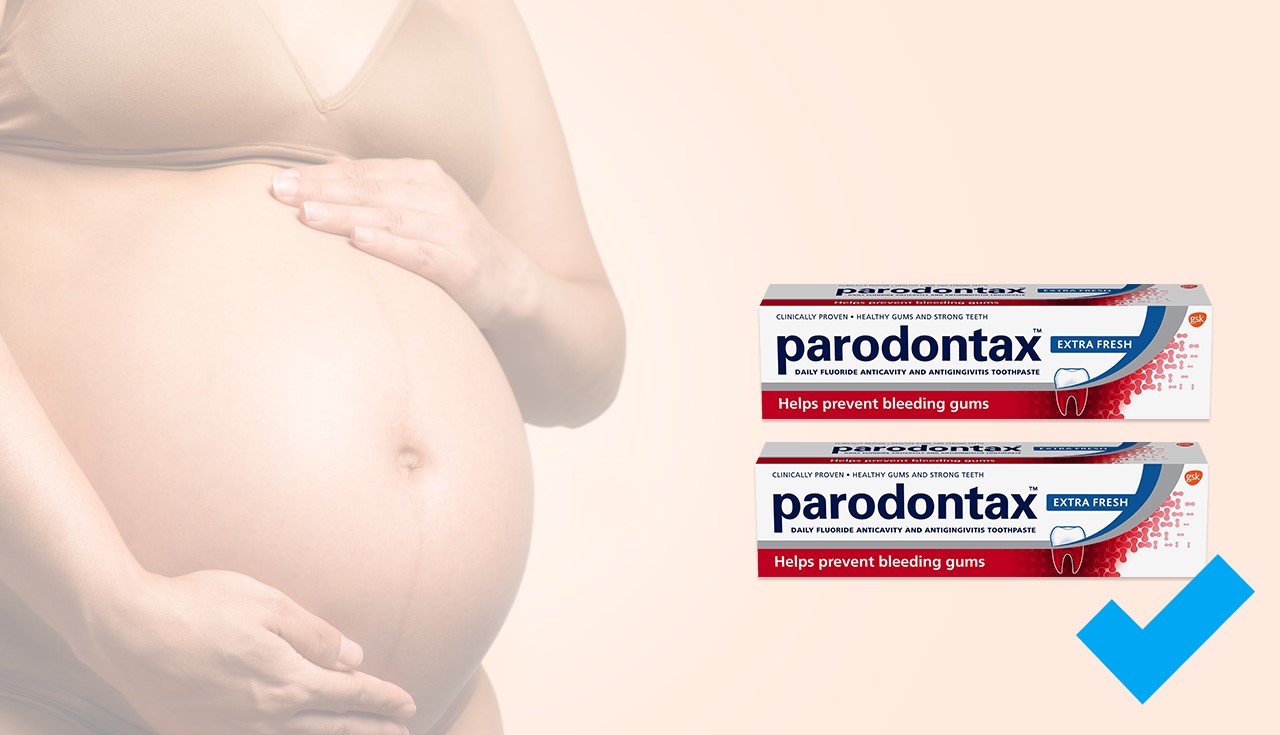Receding gums are an unpleasant sight to behold. They expose your tooth root and leave you feeling vulnerable and self-conscious. For pregnant women and people that are 30 and above, the risk is more. However, by having the right information, you can take steps to ensure healthy oral health.
This article discusses how gum recession affects women during and after pregnancy. It also discusses how it affects people within certain age groups.
All medical content on this site, including this guide and other product reviews, is written by our team of experienced writers and researchers. All writers from The Toothbrush Expert are recommended and reviewed in the industry. You support us through our editorially chosen links, which earn us commission. Learn more
All of our picks have the American Dental Association (ADA) Seal of Acceptance.
Receding Gums During Pregnancy
Pregnant women are more at risk of certain dental conditions including gingivitis and other periodontal diseases during and after pregnancy. This occurs because pregnancy increases the level of progesterone thus increasing the growth of plaque and bacteria around the teeth and gum. This in turn causes exposed roots and receding gums.
Symptoms of Receding Gums in Pregnancy
As a pregnant woman, you probably have a lot going on and your oral health may not exactly be at the top of your mind. But since you are more at risk of developing gingivitis due to hormonal changes and soft tissue, it’s important to pay attention to symptoms such as:
- Swollen and sensitive gum when you brush and floss
- Bad breath
- Exposed root
- Bleeding gum
- Red gums
How to Prevent Gum Recession in Pregnancy?
While you have no control over your hormones and how they act during pregnancy, you can take steps to protect yourself from tooth loss during pregnancy. Such dental care tips include:
- Eat healthy diets: This includes dairy products, vegetables, fruits, and whole grains
- Practice good oral hygiene: Brush your teeth twice a day, and use the the best toothbrush for receding gums and toothpaste.
- Gargle with sea salt: Dissolve a teaspoon of sea salt into a cup of warm water and gargle a few times. This helps to reduce swelling and bleeding gum
- Regular checkup: Schedule constant teeth deep cleaning appointments with your dentist. This will help keep gingivitis in check
Treatment of pregnancy gingivitis
While mild gum recession can be treated at home, sometimes the gum disease may be too advanced. This requires advanced treatment. Some of the treatments include:
- Oral antibiotics: Antibiotics such as amoxicillin, ampicillin, clindamycin, penicillin, and so on can help treat gum disease during and after pregnancy
- Mouth rinse: Dentists can also recommend specific mouth rinse. This helps to treat periodontal diseases
- Gum surgery: If the situation becomes more critical then procedures such as scaling and planing and other gum surgeries may be performed.
Receding Gums After Pregnancy
Gum recession rarely happens after the pregnancy. If your gum line was fine before pregnancy, then it’s likely to be fine after pregnancy or return to normal. In fact, according to a report by Miyazaki et al., there is no significant difference in the periodontal status of pregnant and nonpregnant women.
Receding Gums at Age 30
The chances of developing gum disease increase with age. In a survey carried out on 10.000 individuals, 38% of people within the age bracket of 30 to 39 develop tissue and bone issues. This increases to 71% for people between 50 to 59 years and 90% for those that are 80 to 89.
Generally, gum recession becomes more serious with age. From age 30, the sign of gum recession starts to show. It’s unclear whether this is a result of poor oral health during youthful age.
Conclusion
Whether you are pregnant or not, 30 or younger, periodontal disease can set in if the right steps are not taken and if mild cases are left untreated. Hence, individuals need to practice healthy dental care habits, this will lead to healthy teeth and gum and happy smiles.


Dr Michael Jones is the proud founder of The Toothbrush Expert. He has been working as a dentist for 21 years now. Besides his work as a dentist, Michael wants to help people to find the right dental products. His goal is to provide everyone with honest expert reviews on all kinds of dental care products.



